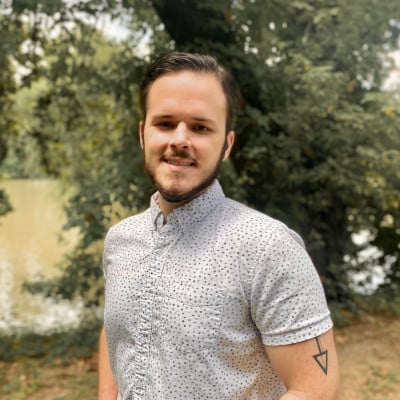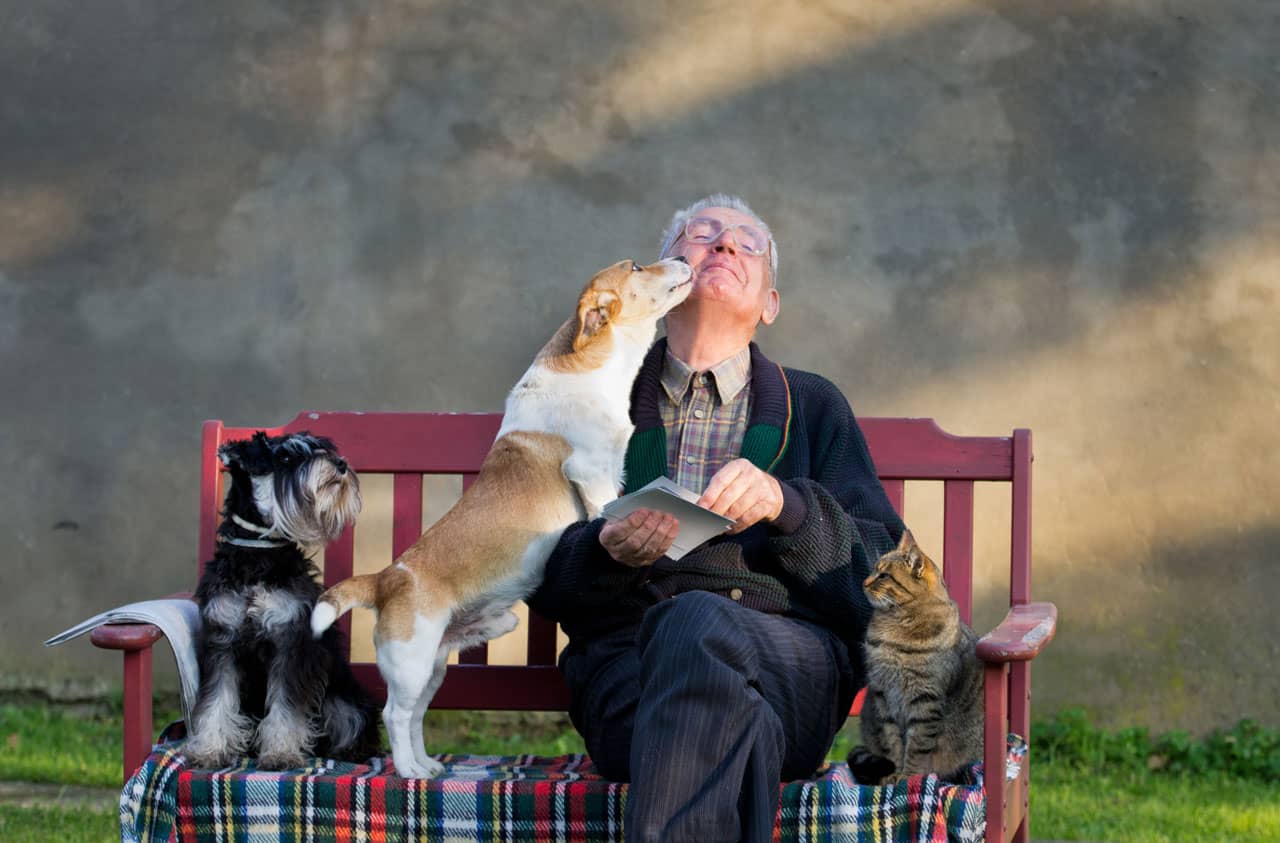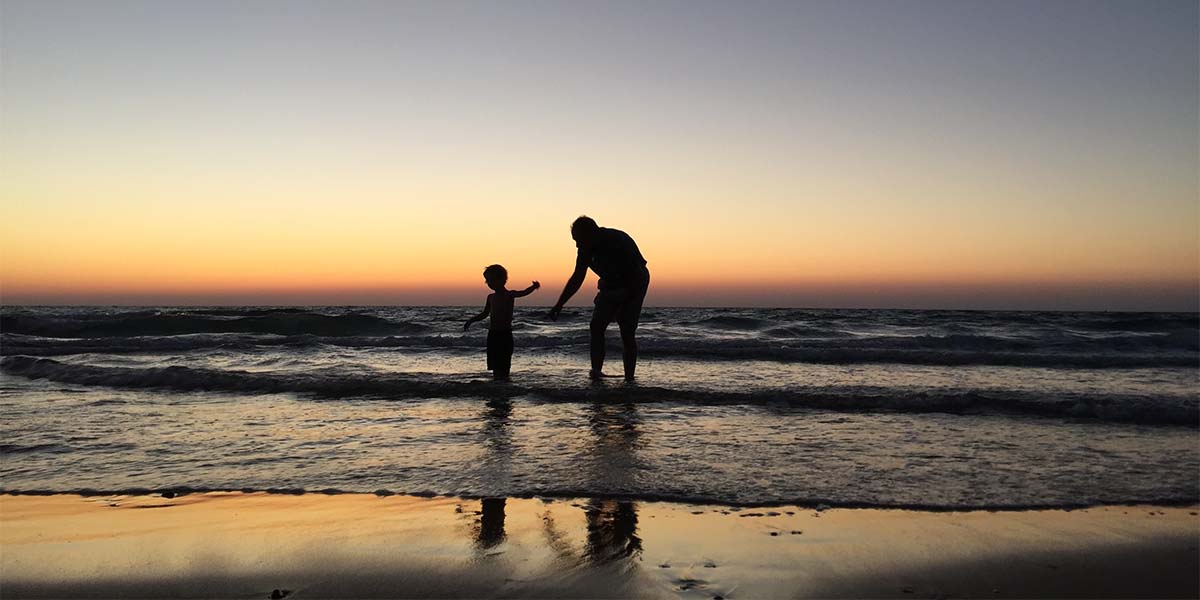
Hurt People Hurt People
Have you ever experienced a moment where you find a sense of clarity looking back over your life and asking yourself how did I get here? Trauma is a deeply distressing and life-altering experience that profoundly affects individuals.
I challenge the old cliche that time heals all wounds. The painful moments we experience can leave lasting scars on our hearts and minds, paving the way for chain reactions of pain and suffering. One often overlooked consequence of trauma is the potential for people who have experienced it to unknowingly inflict harm on others.
Trauma Cycles
Experiencing a traumatic event can shatter a person's sense of safety and trust in the world around them. This can lead to reactions such as anxiety, anger, increased sensitivity, and defenselessness. Some individuals may unconsciously react aggressively or hurtfully towards others to regain control and cope with these overwhelming emotions.
I want to clarify: This cycle of trauma is often not intentional but rather a result of unresolved pain and a desperate need to find rest. It is common for those who have been traumatized to struggle with regulating their emotions. This is often noticed the most when they experience moments that trigger their traumatic experiences in their daily lives. These triggers can suddenly take them back to the same feelings of sadness, anxiety, uncertainty, helplessness, and fear, and cause them to act out on their anger from what they experienced. Unfortunately, this drives them to lash out at others.
Simply put, hurt people, hurt people.
The impact of a traumatic event often alters a person's belief system, leading them to develop a distorted perception of themselves, others, and the world around them. These negative self-perceptions come along with experiencing low self-esteem, an inflated sense of control, rigidity, perfectionism, or a general distrust of others. Consequently, these distorted beliefs can cause them to inadvertently wound others, as they might struggle to form healthy relationships or have difficulty empathizing with the pain of others.
How Can We Change?
So what do we do about this? How do you change something that seems so normal? Therapy, support networks, and self-reflection can play a vital role in helping individuals process their traumatic experiences and develop healthier coping mechanisms. By addressing their pain and working towards personal growth, trauma survivors can minimize the risk of perpetuating harm to others.
To wrap up, the impact of trauma extends far beyond the individual who experienced it. Unresolved trauma can inadvertently lead to the perpetuation of harm to others. Acknowledging and addressing this cycle, both individually and within society, is vital. As I challenged before, time heals all wounds; it doesn't. Time does help when we do the work to prevent the same injury in the future. By fostering healing and supporting those affected, we can work together to break the devastating cycle of trauma and create a brighter, more empathetic future.
If you have experienced trauma or are the victim of a cycle of trauma and would like to find a safe space for support, read about my approach to counseling here or request an appointment with me at Lifeologie Counseling Austin.

About Calvin Burns
Calvin Burns, MA, LPC, LCDC-I, earned his BA in Psychology with a minor in Human Development and Family Studies from Texas Tech University and earned his Master's in Counseling from Dallas Theological Seminary. He specializes in disordered eating, addictive behaviors, depression, anxiety, parenting support, adolescents/emerging adults, and couples counseling. He brings unwavering hope to his clients, and firmly believes that people can change and their stories can be rewritten. He sees adolescents, young adults, adults, couples and families at Lifeologie Counseling Austin.
Meet Me



